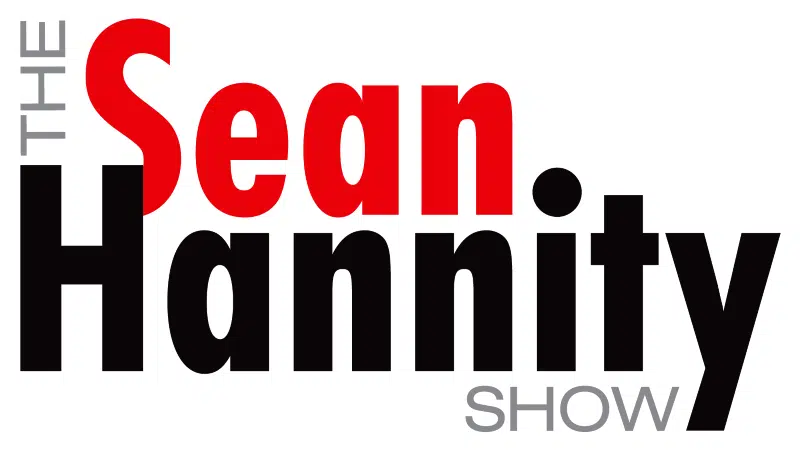(Reuters) -Enanta Pharmaceuticals said on Monday its treatment for respiratory syncytial virus failed to shorten the time taken to reduce the severity of some symptoms, missing the primary goal of a mid-stage study.
Shares of the company were down 9% in premarket trading.
While the 186-patient trial failed to meet its main goal of shortening the time to resolution of lower respiratory tract symptoms to mild, it did achieve multiple secondary endpoints, including faster improvement on a patient‑reported severity measure and quicker time to when the virus was not detectable in patients.
Symptoms of RSV based on the patient-reported severity measure include cough, wheezing, phlegm and shortness of breath as well as sore throat and nasal congestion.
RSV is a common respiratory virus that causes seasonal infections such as the flu and is a leading cause of pneumonia and death in infants and older adults.
Patients on the experimental treatment called zelicapavir saw all RSV symptoms resolve 2.2 days faster than the placebo, and 6.7 days faster in the high-risk group, which had people who either had congestive heart failure, chronic obstructive pulmonary disease or were 75 years old or more.
While there was a three-day faster time to complete resolution of lower respiratory tract symptoms in the high-risk group, no effect was observed on the time to resolution of the symptoms to mild, the company said.
The proportion of patients aged between 65 and 74 years or those with asthma was capped at 20% of the study’s total population.
Currently, there are no drugs to treat RSV in adults approved in the United States. Prevention measures rely on recently approved vaccines from GSK, Pfizer and Moderna and drugs from Sanofi and AstraZeneca for children.
Gilead is also developing a drug to treat the disease.
(Reporting by Puyaan Singh in Bengaluru; Editing by Krishna Chandra Eluri)



Comments